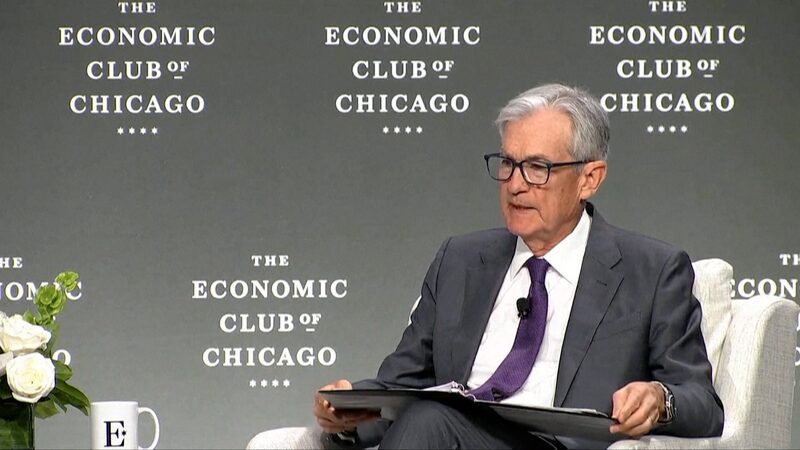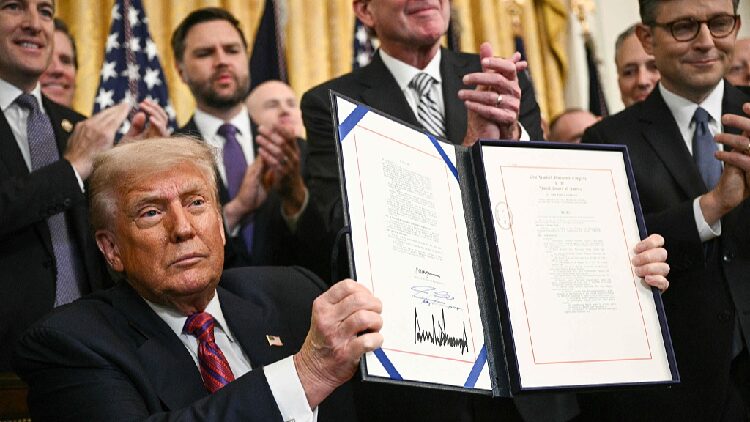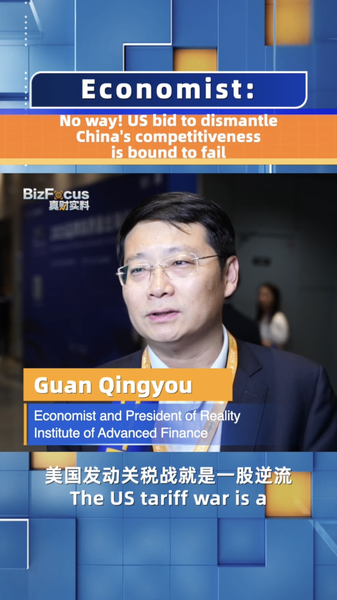Australian academic Warwick Powell has voiced skepticism over the United States’ strategy to revive its manufacturing industry through the use of tariffs. In an interview with CGTN’s Guan Xin, Powell, an adjunct professor at Queensland University of Technology, described the attempt as “vain,” noting that the US manufacturing sector has been hollowed out for more than half a century.
“Imposing tariffs alone won’t bring back the manufacturing jobs that have been lost over the past 50 years,” Powell said. He emphasized that the complexities of global supply chains and the evolution of the global economy make it unrealistic to expect tariffs to reverse decades of industrial decline.
Powell explained that the US manufacturing industry began its decline in the late 20th century due to factors such as globalization, technological advancements, and the shifting of production to countries with lower labor costs. He argued that simply imposing tariffs on imports does not address the underlying issues that led to the migration of manufacturing overseas.
“Revitalizing the manufacturing sector requires comprehensive strategies, including investment in technology, education, and infrastructure,” Powell asserted. “Tariffs might protect certain industries in the short term, but they could also lead to higher costs for consumers and trade tensions with other countries.”
He also warned that such protectionist measures might provoke retaliatory actions from trade partners, potentially harming the global economy. “In an interconnected world, unilateral tariff policies can have unintended consequences,” he added.
Powell’s comments come amidst ongoing debates within the US about how best to bolster domestic industries and reduce dependence on foreign production. While some policymakers advocate for tariffs to protect American jobs, critics argue that innovation and competitive advantage are better paths to economic growth.
Reference(s):
Vain hope to use tariffs to reindustrialize US: Australian academic
cgtn.com








